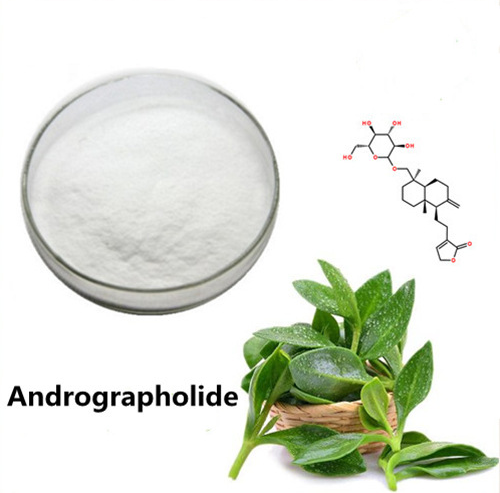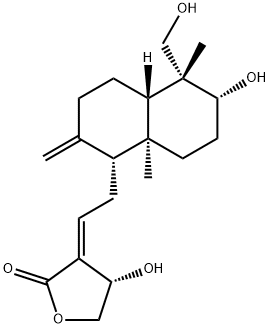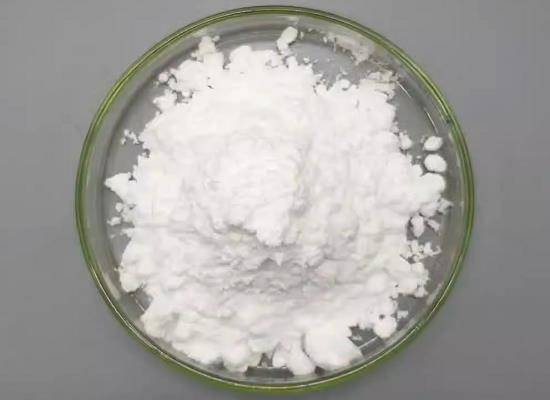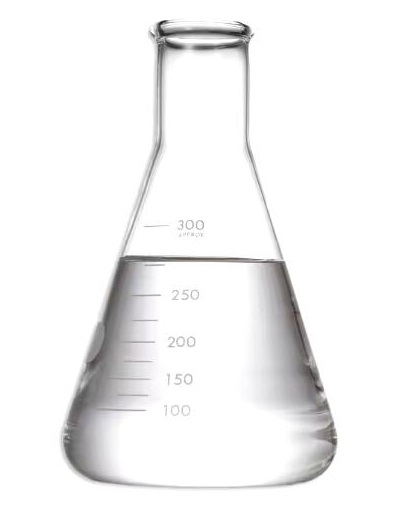What are the benefits of using andrographolide supplements?
Andrographolide (AG) is a labdane diterpenoid isolated from Andrographis paniculata. Reported effects include antimicrobial, anti-inflammatory, anticancer, neuroprotective, and immunomodulatory effects. Traditionally, Andrographolide has been used as an immunostimulant and antipyretic. Andrographolide extracts have been clinically studied for potential anti-inflammatory, antiviral, and immunostimulatory activities, as well as potential roles in osteoarthritis and hypertriglyceridemia.

Reduces Brain Atrophy in Multiple Sclerosis
A double-blind clinical trial of long-term AG supplementation in patients with inactive progressive multiple sclerosis found that the supplement had potential positive effects on brain atrophy and disease progression, but larger studies are needed to confirm these findings.
Prevents Diabetes
AG supplementation also reduced plasma glucose levels in another experimental diabetes model induced by streptozotocin. Subsequent studies have shown that 4 weeks of oral supplementation with AG has a preventive effect on the development and progression of diabetes. These preventive effects were shown to be mediated by maintaining Th1/Th2/Th17 homeostasis, thereby protecting β cells, based on changes in the production of several cytokines such as IL-2, IL-10, and IFN-γ, as well as changes in the expression of some mRNAs such as T-bet and GATA3.
Enhanced neuroprotection
Andrographolide has the potential to treat psychiatric disorders, reduce amyloid β-protein (Aβ) aggregation and inhibit neuroinflammation and synaptic dysfunction to treat Alzheimer's disease. Experiments have shown that memory and neuronal protection are improved through genomic changes and neuroinflammation inhibition. In animal models, AG was found to improve middle cerebral artery occlusion and cerebral infarction. In addition, AG supplementation improves symptoms of Parkinson's disease, Alzheimer's disease, and cerebral hemorrhage.
Modulate immunity
A research team found that AG can modulate T cell activation and downregulate cellular and humoral immune branches. They later found that interfering with the NF-kB pathway with AG altered the ability of dendritic cells to induce tolerance in mice with autoimmune encephalomyelitis. The immunomodulatory activity of AG showed an increase in antibody response, stimulation of phagocytosis, and increased spleen and thymic cells after suppression with cyclophosphamide. In addition, experiments on the effect of antibody response found that both Andrographolide extract and isolated AG had a positive effect on increasing the rate of antibody formation after Salmonella vaccination. Subsequent in vitro experiments showed an increase in INF-γ production by spleen cells of vaccinated animals, indicating an increase in both humoral and cellular responses.
Anti-inflammatory
Andrographolide has some anti-inflammatory activity. Studies have shown that AG inhibits NF-κB activation and COX2 expression caused by TLR3 and TLR4 signaling by targeting TBK1. The strength and distinction of these effects make AG a promising candidate for anti-inflammatory therapy. Its mechanism of anti-inflammatory activity may be related to the inhibition of oxygen free radical production, inhibition of inducible iNOS expression and inhibition of NF-κB. In addition, continuous administration of AG can significantly reduce the proinflammatory cytokines IL-1β, TNF-α, IL-6 and IL-17A. This is helpful for the treatment of inflammation-related diseases (such as osteoarthritis, rheumatoid arthritis, gout).
Antibacterial
Andrographolide is a natural antibiotic with good antibacterial activity. In Escherichia coli infection, AG blocks Autoinducer-2, a signaling molecule involved in inter-species and intra-species communication. In addition, AG can reduce bacterial adhesion to cells. It can directly destroy the integrity of bacteria by disrupting the cytoskeleton. AG can also inhibit the biofilm formation ability of some bacteria (Listeria monocytogenes), thereby playing an antibacterial role.
Anticancer
The anticancer effect of andrographolide has been tested on various cancer groups. Colon cancer, breast cancer and head and neck cancer are the most studied, followed by prostate cancer and glioblastoma. In addition, andrographolide and its derivatives have been shown to have certain therapeutic effects on gastrointestinal tumors such as gastric cancer and intestinal cancer. AG can also enhance the antitumor properties of antitumor drugs. For example, it can enhance the apoptosis of colorectal cancer cells after 5-Fu administration. Some of the effects of AG on cancer development may be caused by stimulating NK (58) and ADCC cell activity, antibody-dependent complement-mediated cytotoxicity, and inhibiting the secretion of proinflammatory cytokines (TNF-α, IL-1β, and IL-6).
References:
[1] VACLAV VETVICKA Luca V. Biological properties of andrographolide, an active ingredient of Andrographis Paniculata: a narrative review.[J]. Annals of translational medicine, 2021, 9 14. DOI:10.21037/atm-20-7830.[2] HONGBO GAO. Andrographolide Induces Apoptosis in Gastric Cancer Cells through Reactivation of p53 and Inhibition of Mdm-2[J]. Doklady Biochemistry and Biophysics, 2021, 500 1. DOI:10.1134/S1607672921050070.
[3] TAO YU. Andrographolide Inhibits Biofilm and Virulence in Listeria monocytogenes as a Quorum-Sensing Inhibitor[J]. Molecules, 2022. DOI:10.3390/molecules27103234.
[4] RAMAVAT RAVINDHAR NAIK T N Praveen Kumar Munipally. Andrographolide reorganise hyperglycaemia and distorted antioxidant profile in streptozotocin-induced diabetic rats.[J]. Cardiovascular and Hematological Agents in Medicinal Chemistry, 2017. DOI:10.2174/1871525715666171026115248.
[5] D-W WANG. Andrographolide and its derivatives are effective compounds for gastrointestinal protection: a review.[J]. European review for medical and pharmacological sciences, 2021, 25 5. DOI:10.26355/eurrev\_202103\_25276.
You may like
Related articles And Qustion
See also
Lastest Price from Andrographolide manufacturers

US $1200.00-1100.00/ton2025-09-30
- CAS:
- 5508-58-7
- Min. Order:
- 1ton
- Purity:
- 99%
- Supply Ability:
- 1000T/M

US $790.00/g2025-05-24
- CAS:
- 5508-58-7
- Min. Order:
- 1g
- Purity:
- 99 %
- Supply Ability:
- 500 Kg



